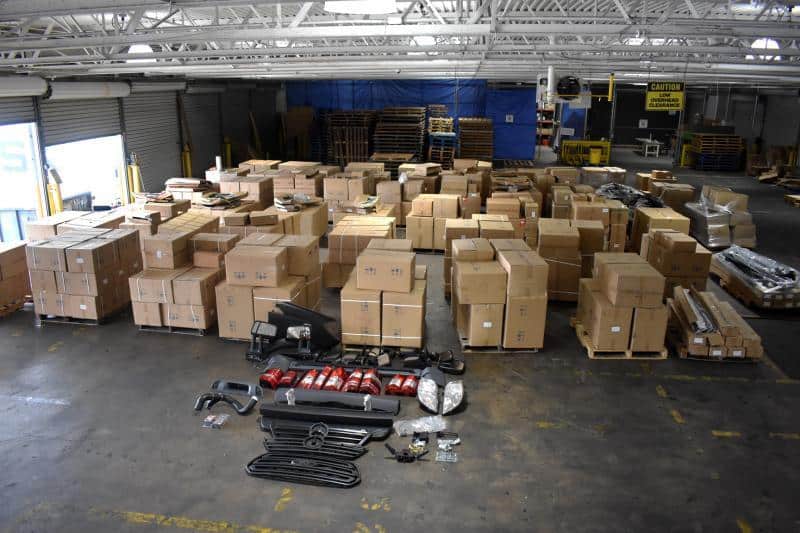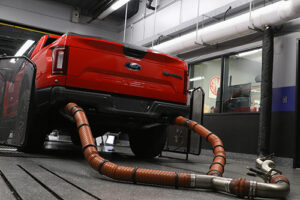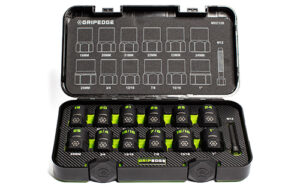The ABPA has been proactive by asking the U.S. Commerce Secretary to pause the auto parts tariffs, but policymakers still need concrete data from the field
Smithfield, R.I.—The collision repair ecosystem is already feeling the first ripple effects of the tariffs on imported vehicles, steel, aluminum and — crucially — many popular replacement parts.
The Automotive Body Parts Association (ABPA) has argued that these trade measures risk driving up repair costs, accelerating total losses and squeezing consumers who depend on safe, affordable transportation.
The ABPA has been proactive on this issue by formally asking the U.S. Commerce Secretary to pause the auto parts tariffs back in April, but policymakers still need concrete, real world data from the field.
Why your voice matters
- You see price changes first hand.
- Data drives advocacy. Solid numbers on freight surcharges, inventory strain, customer push back and repair cycle delays strengthen the ABPA’s message when it briefs lawmakers and insurers.
- Every segment is affected. Distributors, repairers, recyclers, insurers and fleet operators all feel tariff impacts differently. A broad response pool ensures ABPA captures the full picture.
About the survey
- Link: https://www.surveymonkey.com/r/WD2M67P
- Time commitment: 5 minutes or less — mostly multiple choice questions.
- Confidentiality: Results will be reported in aggregate only; no individual company data will be published.
- Deadline: Complete the survey by Friday, Aug. 8, so ABPA can brief stakeholders ahead of the fall regulatory cycle.
How the ABPA will use the results
- Quantify parts price inflation and pass through repair cost increases.
- Brief policymakers considering tariff mitigation or right to repair legislation.









Comments are closed.